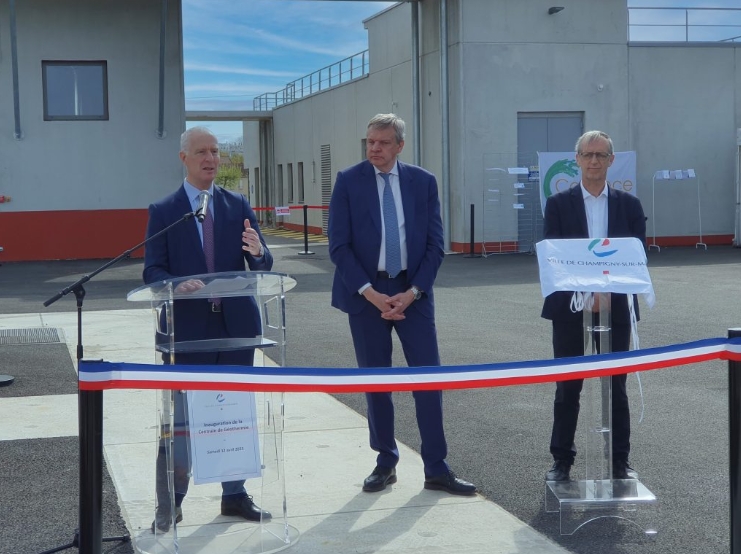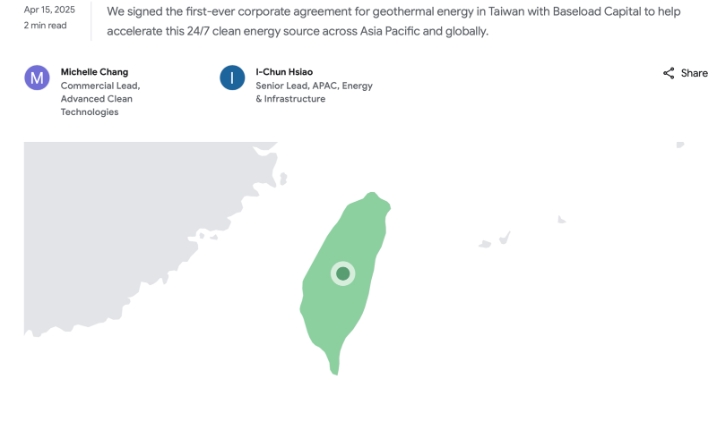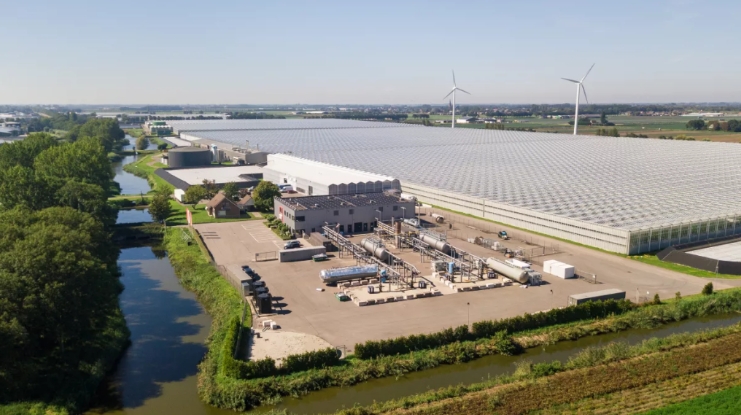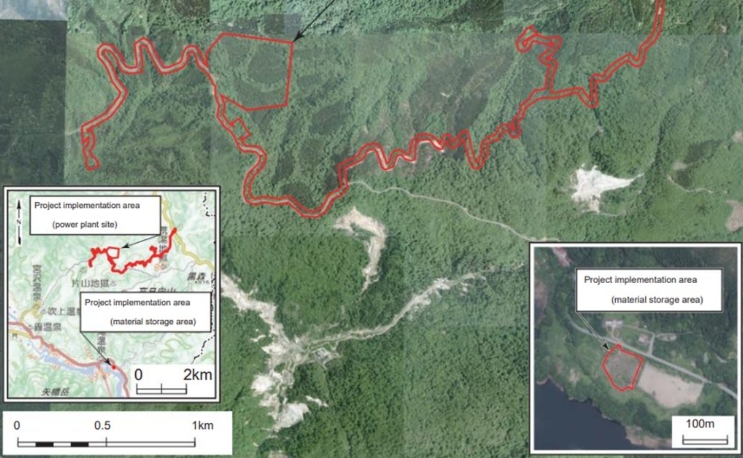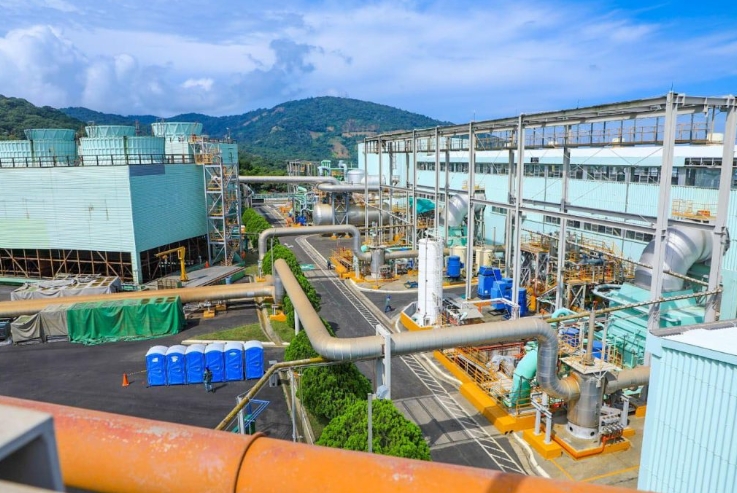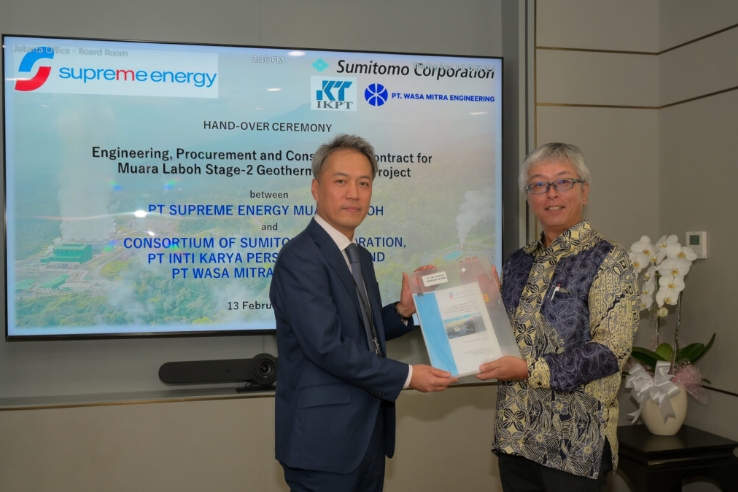DNV has opened a dedicated hydrogen testing and research laboratory in Ohio, US, that aims to quantify the performance of materials used within hydrogen transportation and storage, the company said today (Nov 18).
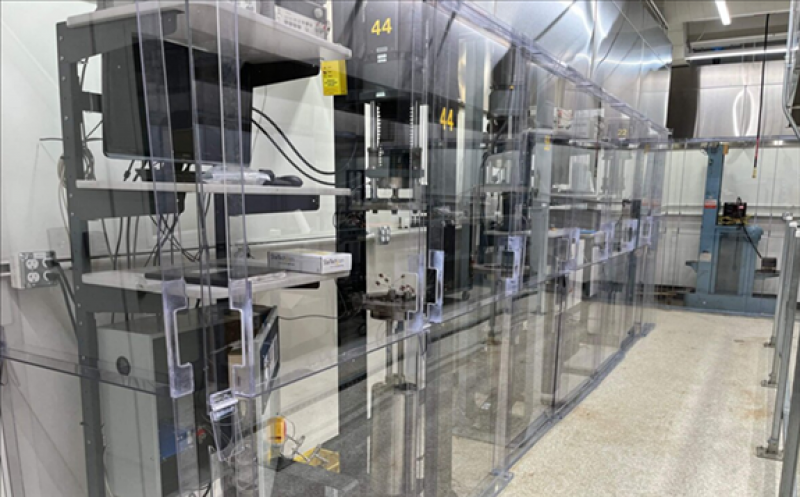 © DNV
© DNV
With the laboratory paired with DNV’s experience within the material testing field, it is expected that the results will provide the hydrogen industry with the needed knowledge and insights for the design and construction of new assets.
It could also prove pivotal in managing existing assets that are currently being used for hydrogen transportation and storage.
The hydrogen laboratory and expanded capabilities will explore how different hydrogen environments, such as pure hydrogen and hydrogen and natural gas blends, affect the performance of materials used for hydrogen transportation and storage.
It also houses 15 dedicated mechanical frames, each equipped with an autoclave for testing and research in high-pressure, up to 300 bar, hydrogen environments.
As well as this, the new facility is part of the materials technology laboratory which has a substantial pool of equipment available for various testing and research purposes.
With this in mind, the new laboratory could support the repurposing of existing infrastructure, such as gas pipelines, so that it can also transport hydrogen.
This is often regarded as one of the most promising ways to transport hydrogen around nations, and in some cases, continents whilst maintaining hydrogen’s cost-competitiveness.
Richard Barnes, Regional Director of Energy Systems North America at DNV, said, “Hydrogen is a crucial element to decarbonise difficult to abate sectors, but, according to DNV’s 2021 ETO, hydrogen will only make up 5 percent of energy supply by 2050.
“Market mechanisms need to exist to accelerate the adoption of hydrogen, but before that, there needs to be assurance that hydrogen transportation and storage is safe and reliable.
“Knowledge generation is the first step in understanding and mitigating the risks in this nascent but rapidly developing technology, and the new facility at DNV’s lab will provide the industry with the required knowledge it needs to move forward.”
